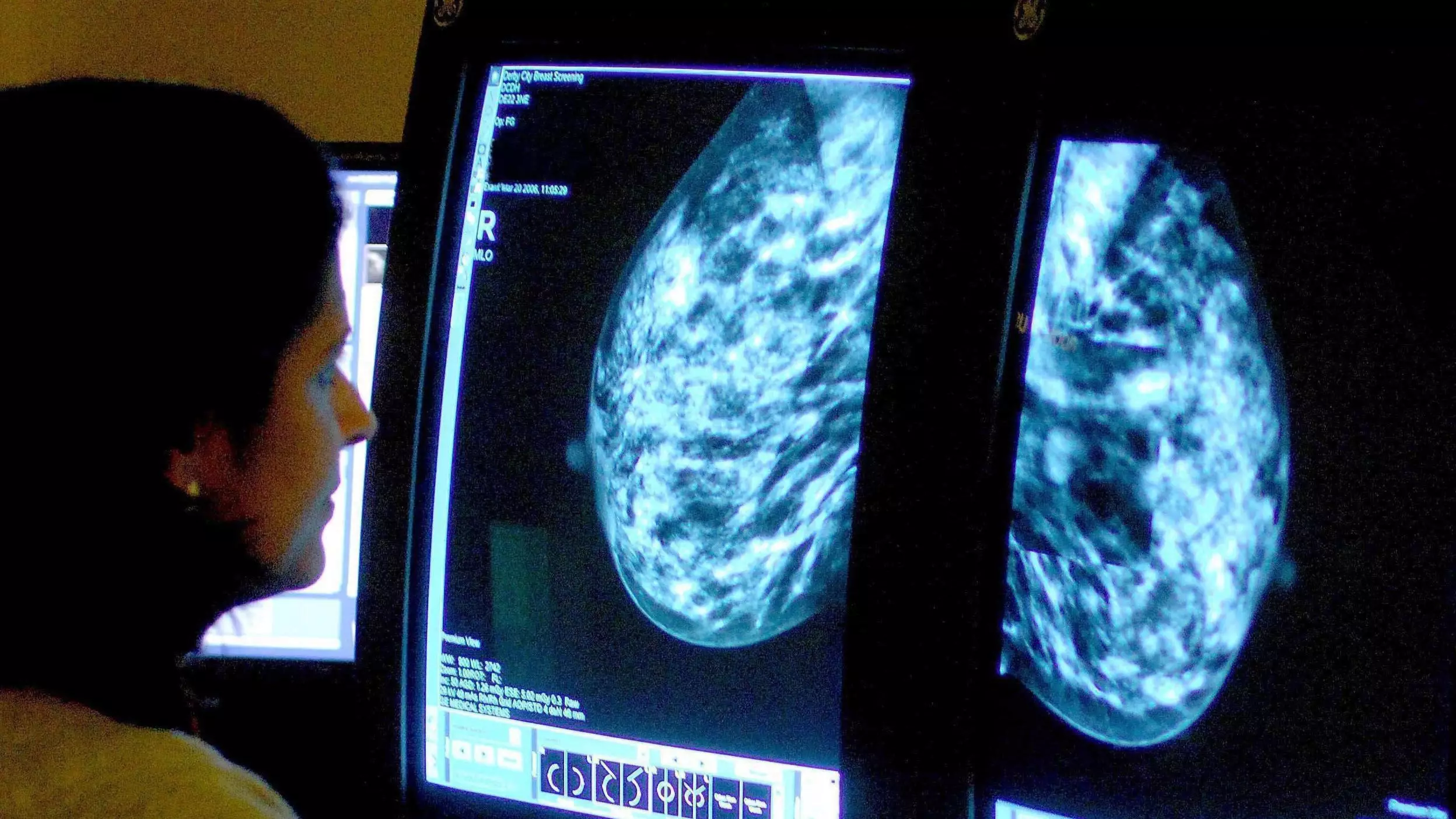
An independent NHS report has revealed a "worrying decline" in cancer screening rates and shines a light on the need for more convenient testing times for women.
This could mean ultra-accessible mammograms and smear tests on lunch breaks. Sign us up.
Advert
Carried out by the former national cancer tsar Professor Sir Mike Richards, the report covers the three types of cancer screenings.
These include cervical screenings (offered to women aged 25 to 64), breast screenings (offered to women aged 50 to 70, with women over 70 able to self-refer) and bowel screenings (offered to men and women aged 60 to 74).

Richards recommended that there should be more options of where to go for tests - from GP surgeries to sexual health clinics - as patients are more likely to accept invitations for screenings if appointments are available in handy locations close to home or the workplace.
He added that there should also be more flexibility when it came to timings, with appointments in the evening and at weekends.
According to the report, outdated IT systems are a major issue. These desperately need to be modernised, as the processes in place lead to errors, risking patient safety.
Advert
Current IT formats don't allow easy access to mobile phone numbers, making it harder to send text message reminders, which would no doubt see an increase uptake of appointments.

From MRI machines to CT scanners and breast screening equipment, new equipment is required across the board, and that means government funding. Fancy a breast screening in a 16-year-old mobile van with a leaking roof? We thought not.
Advert
Richards' study also revealed that, in the current screenings system, trans people and gender diverse populations are at risk of falling through the net.
"Transmen may have a cervix and thus be at risk of cervical cancer," he explained. "However, their gender may be recorded as male and thus they would not be routinely called for cervical screening."
Similarly, transwomen are at an increased risk of breast cancer compared to cisgender men if using hormones, but will only be invited for screening if registered as female.
Advert
Here's hoping Richards' study brings about an influx of funding and increased flexibility.
Swift, safe, accessible screenings in a lunch hour or at the weekend? Yes please.